EDITORIAL
Published on 02 Nov 2018
Editorial: Palynology and Vegetation History
doi 10.3389/feart.2018.00186
- 2,838 views
- 2 citations
21k
Total downloads
167k
Total views and downloads
EDITORIAL
Published on 02 Nov 2018
ORIGINAL RESEARCH
Published on 31 Jul 2018
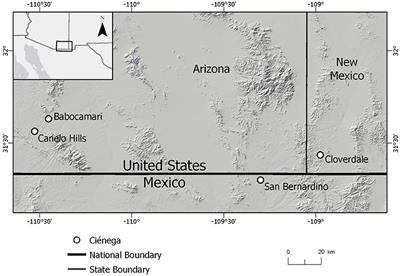
ORIGINAL RESEARCH
Published on 13 Apr 2018
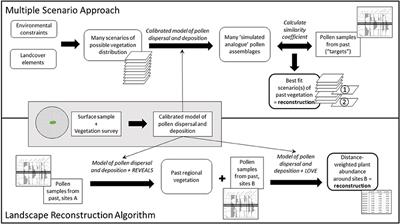
METHODS
Published on 10 Apr 2018
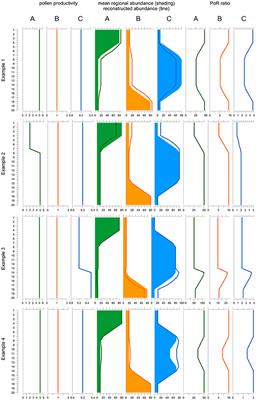
ORIGINAL RESEARCH
Published on 09 Apr 2018
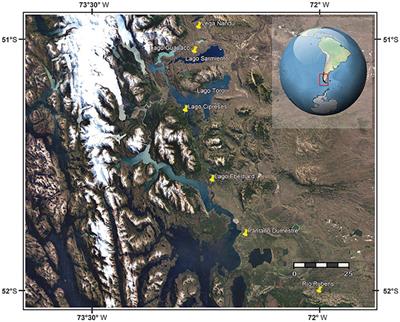
ORIGINAL RESEARCH
Published on 08 Mar 2018

ORIGINAL RESEARCH
Published on 20 Feb 2018

ORIGINAL RESEARCH
Published on 26 Jan 2018
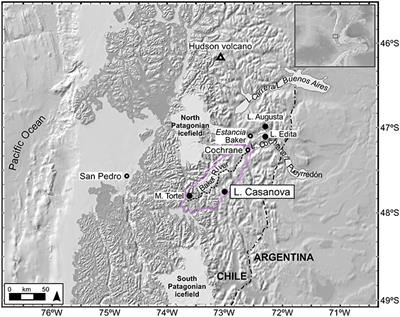
REVIEW
Published on 26 Jan 2018
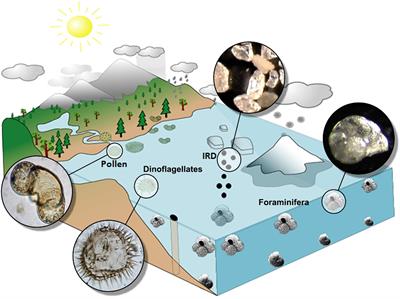
ORIGINAL RESEARCH
Published on 25 Jan 2018
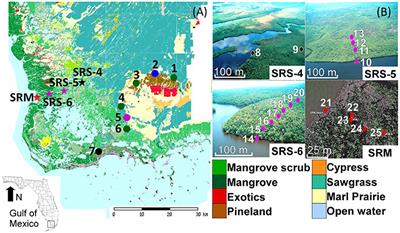
ORIGINAL RESEARCH
Published on 25 Jan 2018
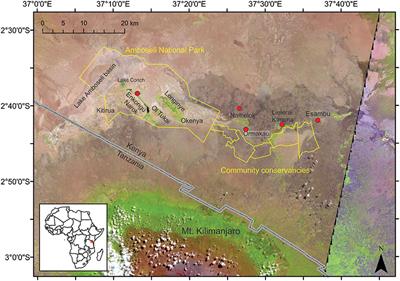
ORIGINAL RESEARCH
Published on 17 Jan 2018

